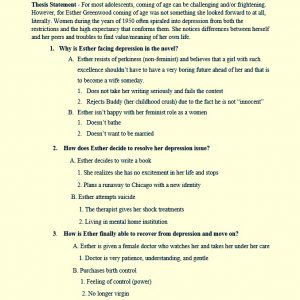
Organization Name:
SAARTHAK Initiatives of Relevance
Mission:
We envision a society in which women and girls are valued, have a profound sense of worth and equal opportunities to unleash their potential.
Mission:
Saarthak aims to be a credible nonprofit organization facilitating initiatives of relevance for girls and women in quality education, capacity building and empowerment. We aim to continuously develop our international network of supporters through efficient, transparent and accountable functions to ensure the sustainability of our initiatives.
Locations/Phone Numbers:
A-14-A Indrapuri Colony, Near Apex mall, Lal Kothi Jaipur, India
![]() +91 99834 69760
+91 99834 69760
![]() apandey@saarthakindia.org
apandey@saarthakindia.org
Website Link: http://www.saarthakindia.org/index.html
Facebook Link: https://www.facebook.com/pg/saarthakindia/about/?ref=page_internal
Volunteer Activist Opportunities:
- Volunteer
- Donate
Saarthak facilitates initiatives in three areas: Education, Child Care and Women Empowerment.
- Education:
- Volunteers offer much needed support to local teachers. Class sizes in India can be extremely large and under staffed. Volunteers add to the children’s’ educational experience by instructing classes while helping to develop students’ positive attitudes about personal hygiene and school attendance.
- Working in local schools gives volunteers a chance to meet regularly with local children and their families.
- When schools are not in session, volunteers utilize resources provided by Idex and the community to run independent classes in English and Math.
- For those volunteers with a professional interest in education, teaching gives them a chance to hone their skills in a very different environment.
- Child Care:
- Volunteers assist in local pre-school child-care centers, known as “Anganwadi”. The concept of “preschool” child care is new for India, where the joint family system has long provided ample child care providers.
- Unlike Western countries, where child-care facilities exist primarily to free women to work, the Anganwadi’s main purpose is to serve pregnant women and provide a safe, healthy, and hygienic space for young children who would not be able to receive proper care at home.
- Unfortunately, Anganwadis suffer from under funding and mismanagement. Volunteers share the work load with regular staff and help bring a level of professionalism, dedication and the community’s attention to these important institutions.
- Empowerment:
- As in many countries around the world, Indian women often suffer from disproportionate educational and employment opportunities. In order to help redress this gender gap, volunteers instruct conversational English, computer, and vocational classes for local adolescent girls and grown up women.
- Volunteers’ presence alone helps motivate women and young girls. Teaching and mentoring efforts help improve their confidence and self-esteem, increasing their sense of independence and personal fulfillment, while improving their educational and employment opportunities.
General Information: Founded in 2007 by Dr. Kusum Sharma, founder and Chairman of IDEX (Indian Network for Development Exchange, a volunteer and travel agency providing various opportunities to volunteer in India.






